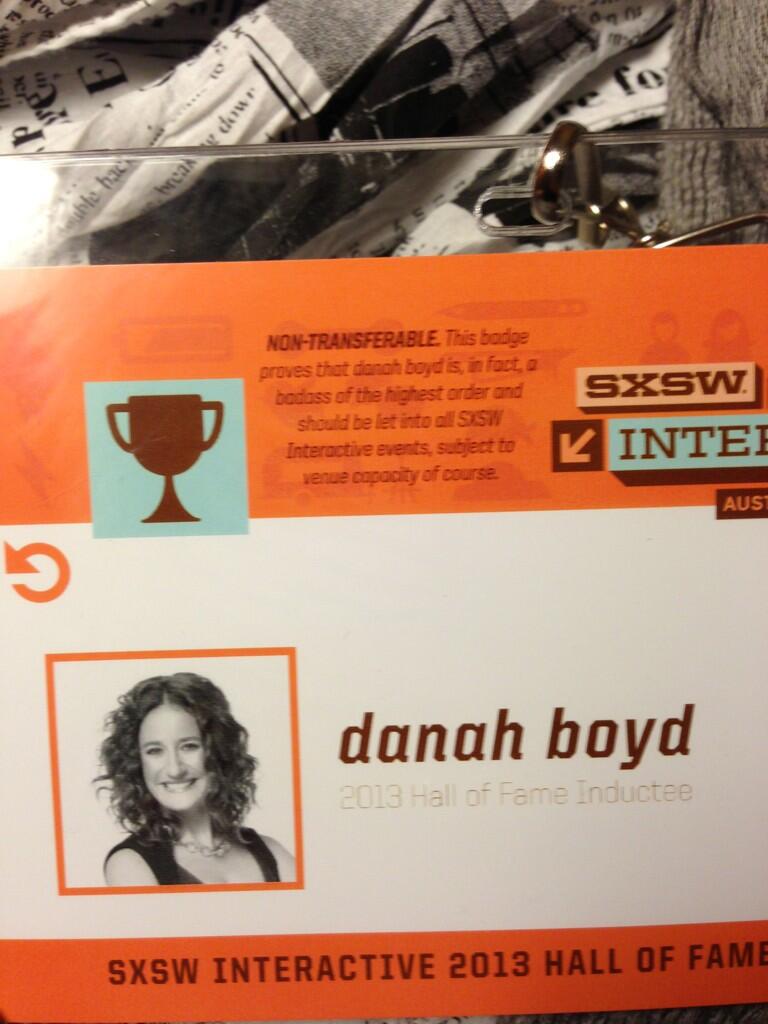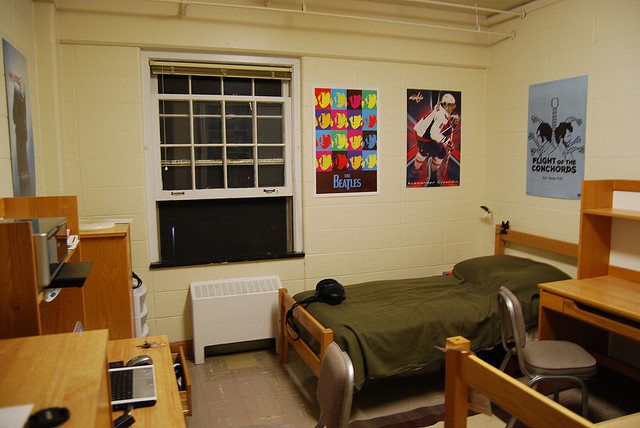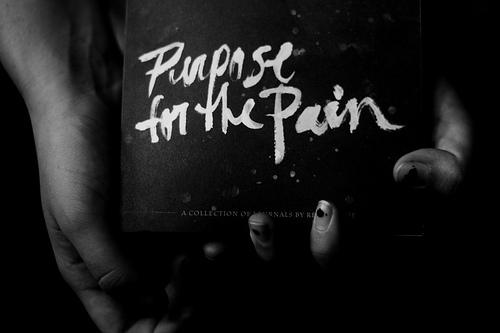 Earlier this week, Mendeley was bought by Elsevier. I posted the announcement on Twitter to state that I would be quitting Mendeley. This tweet sparked a conversation between me and the head of academic outreach at Mendeley (William Gunn) that could only go so far in 140 character chunks. I was trying to highlight that, while I respected the Mendeley team’s decision to do what’s best for them, I could not support them as a customer knowing that this would empower a company that I think undermines scholarship, scholars, and the future of research.
Earlier this week, Mendeley was bought by Elsevier. I posted the announcement on Twitter to state that I would be quitting Mendeley. This tweet sparked a conversation between me and the head of academic outreach at Mendeley (William Gunn) that could only go so far in 140 character chunks. I was trying to highlight that, while I respected the Mendeley team’s decision to do what’s best for them, I could not support them as a customer knowing that this would empower a company that I think undermines scholarship, scholars, and the future of research.
Today, Gunn posted the following tweet: “All you folks retweeting @zephoria know who she works for, right?” before justifying his implied critique by highlighting that he personally respects MSR.
I feel the need to respond to this implicit attack on my character and affiliation. When I’m critical of Elsevier, I’m speaking as a scholar, not on behalf of Microsoft or even Microsoft Research. That said, I get that everyone’s associations shapes how they’re perceived. But I’m not asking people to buy my ?product? or even the products of my employer. I’m making a public decision as a scholar who is committed to the future for research. I believe in making my research publicly available through open access initiatives and I’m proud to work for and be associated with an organization that is committed to transforming scholarly publishing. I’m also committed to boycotting organizations that undermine research, scholarship, libraries, and the production of knowledge.
I also think that it’s important to explain that there are huge differences between Microsoft and Elsevier. I fully recognize that I work for a company that many people think is evil. When I joined Microsoft four years ago, I did a lot of poking around and personal soul-searching. Like many other geeks of my age, I spent my formative years watching an arrogant Microsoft engage in problematic activities only to be humiliated by an anti-trust case. Then I watched the same company, with its tail between its legs, grow up. The company I was looking to join four years ago was not the company that I boycotted in college. It had been a decade since United States vs. Microsoft and even though many of my peers are never going to forgive my employer for its activities in the 90s, I am willing to accept that companies change.
There are many aspects of Microsoft that I absolutely love. For starters, Microsoft Research (MSR) is heaven on earth. Overall, MSR offers more freedom, flexibility, and opportunities to scholars than even the best academic institutions. They share my values regarding making scholarship widely accessible (see: Tony Hey’s 6-part series on open access). And, unlike research entities at other major corporations, Microsoft Research has supported me in doing research that’s critical of Microsoft (even when I get nastygrams from corporate executives). Beyond my home division, there are other sparkly beacons of awesome. I love that Microsoft has made privacy a central value, even as it struggles to ethically negotiate the opportunities presented by data mining. I have been in awe of some of the thoughtful and innovative approaches taken by the folks at Bing, in mobile, and in Xbox. Even more than the work that everyone sees, I get excited by some of the visioning that happens behind closed doors.
Don’t get me wrong. Like all big companies, Microsoft still screws up. I’ve facepalmed on plenty of occasions, embarrassed to be associated with particular company decisions, messages, or tactics. But I genuinely believe that the overall company means well and is pointed in a positive, productive, and ethical direction. Sure, there are some strategies that don’t excite me, but I think that the leadership is trying to move the company to a future I can buy into. I’m proud of where the company is going even if I can’t justify its past.
I cannot say the same thing for Elsevier. As most academics and many knowledge activists know, Elsevier has engaged in some pretty evil maneuvers. Elsevier published fake journals until it got caught. Its parent company was involved in the arms trade until it got caught. Elsevier played an unrepentant and significant role in advancing SOPA/PIPA/RWA and continues to lobby on issues that undermine scholarship. Elsevier currently actively screws over academic libraries and scholars through its bundling practices. There is no sign that the future of Elsevier is pro-researchers. There is zero indicator that Mendeley’s acquisition is anything other an attempt to placate the academics who are refusing to do free labor for Elsevier (editorial boards, reviewers, academics). There’s no attempt at penance, no apology, not even a promise of a future direction. Just an acquisition of a beloved company as though that makes up for all of the ways in which Elsevier has in the past _and continues to_ screw over scholars.
Elsevier’s practices make me deeply deeply angry. While academic publishing as a whole is pretty flawed, Elsevier takes the most insidious practices further at each and every turn, always at the expense of those of us who are trying to produce, publish, and distribute research. Their prices are astronomical, bankrupting libraries and siloing knowledge for private profit off of free labor. As a result, many mathematicians and other scientists have begun stepping off of their editorial boards in protest. Along with over 13,000 other scholars, I too signed the Cost of Knowledge boycott.
I see no indication of a reformed Elsevier, no indication of a path forward that is actually respectful of scholars, scholarship, librarians, or universities. All I see is a company looking to make a profit in an unethical manner and trying to assuage angry customers and laborers with small tokens.
Mendeley’s leadership is aware of how many academics despise Elsevier. In their announcement of their sale, they justify Elsevier through some of the technologies they developed. There’s no indication that the “partnership” is going to make Elsevier more thoughtful towards academics. Mendeley’s reps try to explain that the company is a “large, complex organization” full of good people as though this should relieve those of us who are tired of having our labor and ideas abused for profit.
All companies have good people in them. All companies are complex. This is not enough. What matters is the direction of the leadership and what kinds of future a company is trying to create. People may not like either Microsoft or Elsevier’s past, but what about the future?
In Mendeley’s post, they indicate overlap in their vision and Elsevier’s vision as a company. This does not make me more hopeful of Elsevier; this makes me even more dubious of Mendeley. Elsevier has a long track record with no indication of change. It is the parent company. Startups don’t get bought by big companies to blow up the core company. New division presidents or vice-presidents do not have penultimate power in big companies, particularly not when their revenue pales in comparison to the parent company’s. I wish Mendeley employees the best, but I think that they’re naive if they believe that they can start a relationship with the devil hoping he’ll change his ways because of their goodness. This isn’t a Disney fairy tale. This is business.
I genuinely like Mendeley as a product, but I will not support today’s Elsevier no matter how good a product of theirs is. Perhaps they’ll change. I wouldn’t bet on it, but I am open to the possibility. But right now, I don’t believe in the ethics and commitments of the company nor do I believe that they’re on the precipice of meaningful change. As minimally symbolic as it is, I refuse to strengthen them with my data or money. This means that I will quit Mendeley now that they’re part of Elsevier. In the same vein, I respect people who disagree with my view on the future of Microsoft and choose to not to use their products. I believe in consumer choice. I’m just startled that a head of academic outreach would try to brush off my critique of his new employer by implicating mine. I guess that’s the way things work.
I believe that the next place for me is probably Zotero, but I’m trying to figure out how to get my data (including the PDFs) over there. I’m hopeful that someone will write the scripts soon so that I don’t have to do this manually. If you’ve got other suggestions or advice, I’m all ears.
 In February, I had the great fortune to visit the Robert Wood Johnson Foundation as part of their “What’s Next Health” series. I gave a talk raising a series of critical questions for those working on health issues. The folks at RWJF have posted my talk, along with an infographic of some of the challenges I see coming down the pipeline.
In February, I had the great fortune to visit the Robert Wood Johnson Foundation as part of their “What’s Next Health” series. I gave a talk raising a series of critical questions for those working on health issues. The folks at RWJF have posted my talk, along with an infographic of some of the challenges I see coming down the pipeline. I’ve been scratching my head trying to think about how to understand the different facets of labor that are shaping contemporary life. I don’t have good answers; I only have some provocations and a few questions, but I would love to hear your thoughts.
I’ve been scratching my head trying to think about how to understand the different facets of labor that are shaping contemporary life. I don’t have good answers; I only have some provocations and a few questions, but I would love to hear your thoughts. Earlier this week,
Earlier this week,  Two years ago, when I started working on issues related to human trafficking and technology, I was frustrated by how few people recognized the potential of technology to help address the commercial sexual exploitation of children. With the help of a few colleagues at Microsoft Research, I crafted
Two years ago, when I started working on issues related to human trafficking and technology, I was frustrated by how few people recognized the potential of technology to help address the commercial sexual exploitation of children. With the help of a few colleagues at Microsoft Research, I crafted  Last night, I was inducted into the SXSW-Interactive Hall of Fame in a whirlwind awards ceremony. I only had a flash of a moment to reflect so I want to take a moment here to provide greater context and appreciation to all who made this possible.
Last night, I was inducted into the SXSW-Interactive Hall of Fame in a whirlwind awards ceremony. I only had a flash of a moment to reflect so I want to take a moment here to provide greater context and appreciation to all who made this possible.

